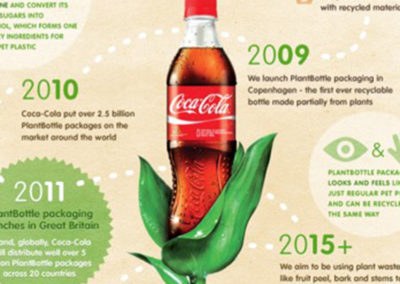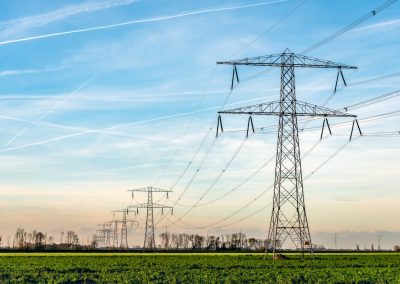Freshwater control system
Client: PyTerra
Consultant: Dr Wouter Buytaert, Civil and Environmental Engineering
Expertise: Hydrological modelling expertise
Our consultants shared their expertise in hydrological modelling expertise to help PyTerra to demonstrate the potential of the new system of smart technology to reduce downstream flooding.
The Challenge
PyTerra has developed a new river control system that reduces downstream flooding by using a network of smart sensor controls that drive hydraulic gates and valves in response to predicted rainfall data.
PyTerra’s system captures excess surface water from upstream areas and diverts it to floodplains and retention areas as necessary throughout the annual water cycle. This addresses both flood and drought issues as the water can be released when needed, for use by a wide range of local stakeholders such as water companies, and they wanted to use hydrological modelling expertise to investigate the full potential of this new system.
The Solution
They engaged Dr Wouter Buytaert to work in conjunction with professional services firm WSP, for the task.
The team, led by Dr Buytaert, used an existing UK hydrological model to look at the impact that a number of flood storage areas and flow control devices had on a known area of flooding.
Dr Buytaert says:
We considered three scenarios: a) no control network; b) a traditional control network with manually operated gates and upstream storage; and c) a control network with variable opening gates and upstream storage using telemetry and intelligent algorithms – PyTerra’s system. This showed that the proposed system can have many advantages over other set ups, for example reduced downstream flooding, smaller upstream storage areas, and faster drain-down of storage areas following a weather event.
Dr Wouter Buytaert
Department of Civil and Environmental Engineering, Imperial College London
The Impact
Actively managing the system through intelligent and sensor-driven controls means that the network has the potential to optimise the portfolio of ecosystem services provided by the terrestrial water cycle.
David Arscott comments:
With this type of optimised approach, stakeholders such as flood authorities, water companies, infrastructure projects (e.g. HS2) and land developers can all set water service targets if they are willing to pay land owners for the benefits the system can deliver. However, such a ‘market’ can only exist where there is a system in place to consistently estimate, deliver and measure the services. Dr Buytaert’s report shows that the proposed system achieves these things, making it an exciting time going forward for us at PyTerra.
David Arscott
PyTerra
The development of this new system is particularly welcome, given the UK flooding resulting from severe storms in recent years. This approach to freshwater management has not been attempted at this scale before.
David Arscott of PyTerra says:
Dr Buytaert’s expertise has allowed us to assess and validate the level of benefit that our system can deliver. His report will help to support our grant applications for further research and could play a part in influencing the water industry to take a more holistic approach towards developing freshwater solutions at a catchment level.
David Arscott
PyTerra
Additionally, socio-economic pressures are increasing the need for all sectors to deliver water services, for example supply diversification and biodiversity enhancement. This is encouraging both government and industry to move away from a ‘silo’ approach, towards cross-sector solutions where the true value of water can be recognised.
Share post:
Related case studies

Reducing carbon footprint of plastic bottle
Our consultants shared their expertise in life cycle analysis to compare the carbon footprints generated by the The Coca-Cola Company’s new PlantBottle™ versus their previous PET plastic bottle. read more

Efficient mango drying
Our consultants shared their exertise in sustainable energy solutions in helping global fair-trade company Fullwell Mill to increase energy efficiency of their mango production process. read more

Informing the debate on Britain’s electricity system
The electricity sector is currently undergoing unprecedented changes, including obligations to decarbonise and pressure to keep bills down. With old coal being driven off the system, new nuclear given the go-ahead, prices reaching new highs and lows, and clean energy overtaking fossil fuels for the first time, there is an increasing need for a strong evidence base and robust analysis. read more
